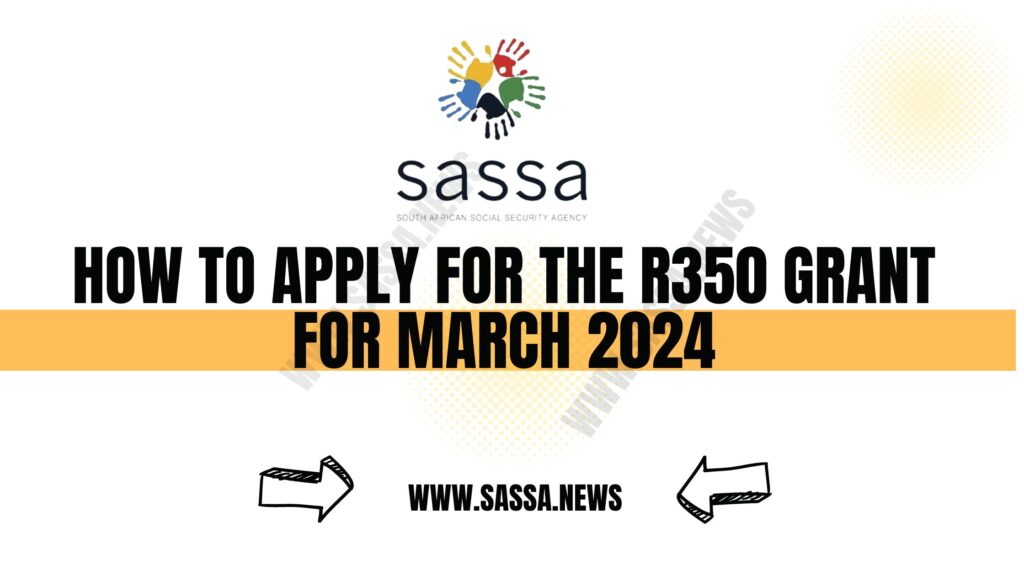More than a million students are set to receive funding from NSFAS in 2024. However, student unions are concerned about whether the scheme is failing students due to unresolved challenges from 2023.
The South African Union of Students (SAUS), Lukhanyo Daweti, has accused the National Student Financial Aid Scheme (NSFAS) of failing to fulfil its commitment and mandate. They point to continued challenges with the administration of the scheme and outstanding allowances payments from 2023.
NSFAS provides comprehensive funding to students from poor and working-class backgrounds. Aside from paying tuition, NSFAS also provides money for accommodation, travel, learning materials and meals.
While this funding is comprehensive and critical for the success of thousands of students, challenges related to the disbursement of allowances are hurting students.
SAUS are concerned that thousands of students have not received allowances from the previous year which is affecting their ability to register for the current academic year.
Higher Education Minister Blade Nzimande acknowledged the challenges faced by students due to unpaid allowances and called on NSFAS to disburse the allowance promptly. The minister further called on institutions not to prevent students from registering for the 2024 academic year due to unpaid fees.
I call upon NSFAS to work together with the affected institutions to ensure that they speedily resolve all these outstanding cases. Whilst this is being resolved, I urge institutions not to deny NSFAS-funded students with outstanding payments to register for the current cycle.
Daweti further criticised NSFAS for its perpetual inability to deliver on its promises, citing issues with payments and a lack of collaboration between institutions and the scheme.
According to Daweti, the SAUS has engaged with NSFAS since November of the previous year, raising concerns about payment issues. Initially, the deadline for resolving the problems was set for 15 January 2024, however, reports indicated that educational institutions were not collaborating, causing additional delays in resolving issues related to student allowances.
Approximately 20,000 students are said to be owed allowances, creating challenges for their registration in the current academic year.
NSFAS confirmed that of the 20,000 outstanding allowances, 9128 allowances have been successfully resolved. The remaining eleven thousand 11,000 allowances are being prioritised and will be processed as part of the 2024 normal disbursement procedure.
The Secretary-General emphasises the need for Minister Nzimande to address the challenges and provide clarity on the missing middle funding, gender-based violence within institutions, and support for postgraduate funding.


